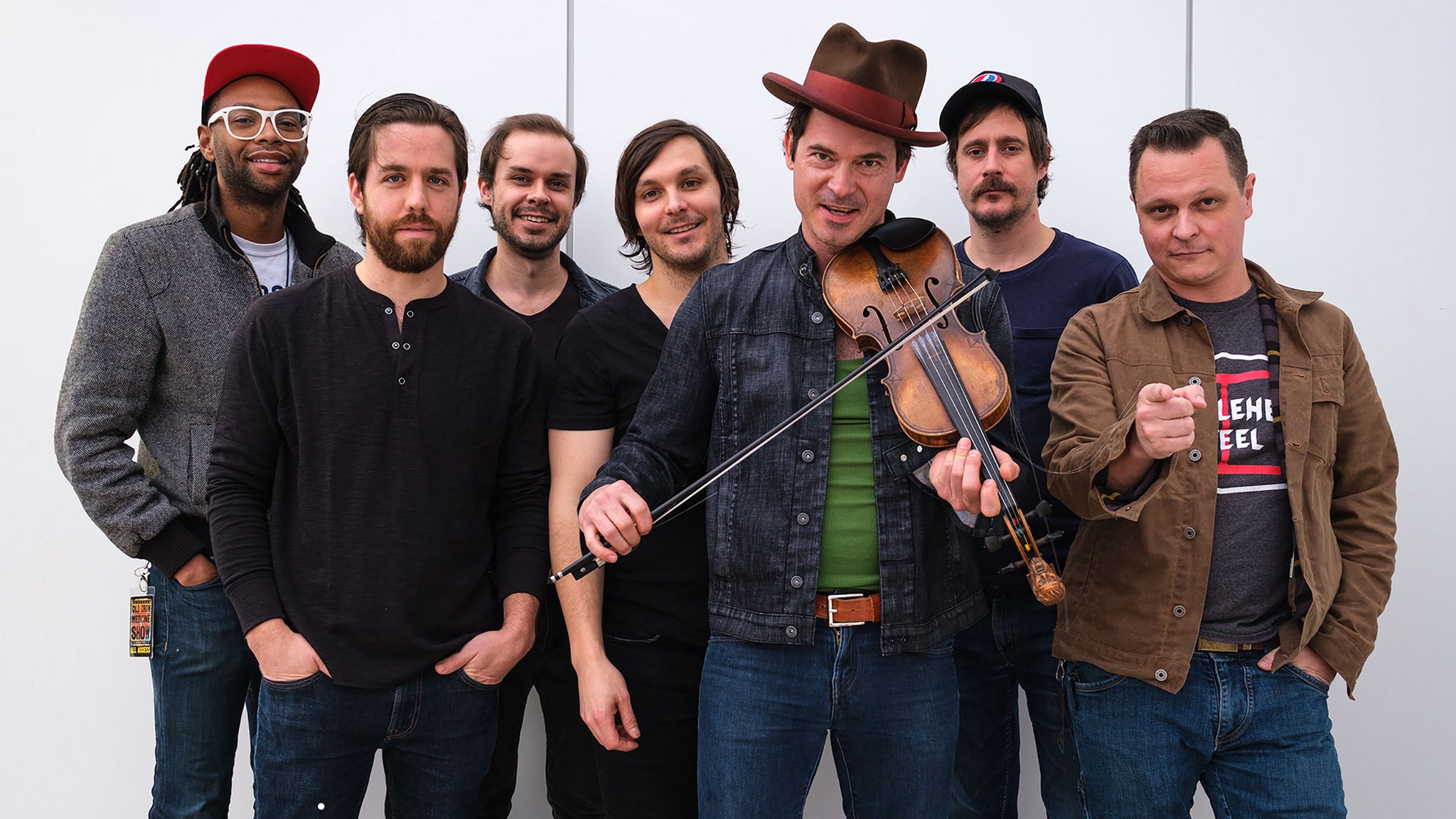

Medical declamations by mountebanks, the colonial assembly decided in 1773, as well as their “plays, tricks, juggling or unprofitable feats of uncommon dexterity and agility of body,” had harmful social results. If the two groups could agree, as in Connecticut on the eve of the Revolution, restrictive legislation might be enacted. The tone of their entertainment sometimes offended ministers, and the quality of their medicines sometimes disturbed physicians. They set up their platforms, performed their shows, delivered their harangues, sold their remedies, and went their ways. They came to towns and villages especially at such times as fairs, when the native population was swollen by outsiders. They put on a show.Ĭolonial America had her mountebanks selling their wares, just as did Europe of the same day. Exotic costume might help, but most itinerant vendors did not rest content with dressing themselves up. Because the effort of orating an appeal was more profitably expended on a group than on an individual, some enticement to attract a crowd was necessary. Patent medicine promoters, during the same years that they pioneered in print the many psychological lures that might sell their wares, often went out to meet their customers face to face.

How much more disturbing were the same words when heard rather than seen, delivered with pontifical assurance by the resonant voice of a commanding figure in a tall hat and cutaway coat, who gained in majesty through the flickering illumination of gasoline flares. Such a startling pronouncement, set in bold-faced type, might well give pause to any newspaper reader and urge the eye on down into the smaller print in search of whys and wherefores.

“Nothing in God’s world is the matter with most of you but worms, worms, worms” “And they like to pay a little for a tonic and an evening’s entertainment rather than pay a lot to a doctor who gives you no fun at all.”


 0 kommentar(er)
0 kommentar(er)
